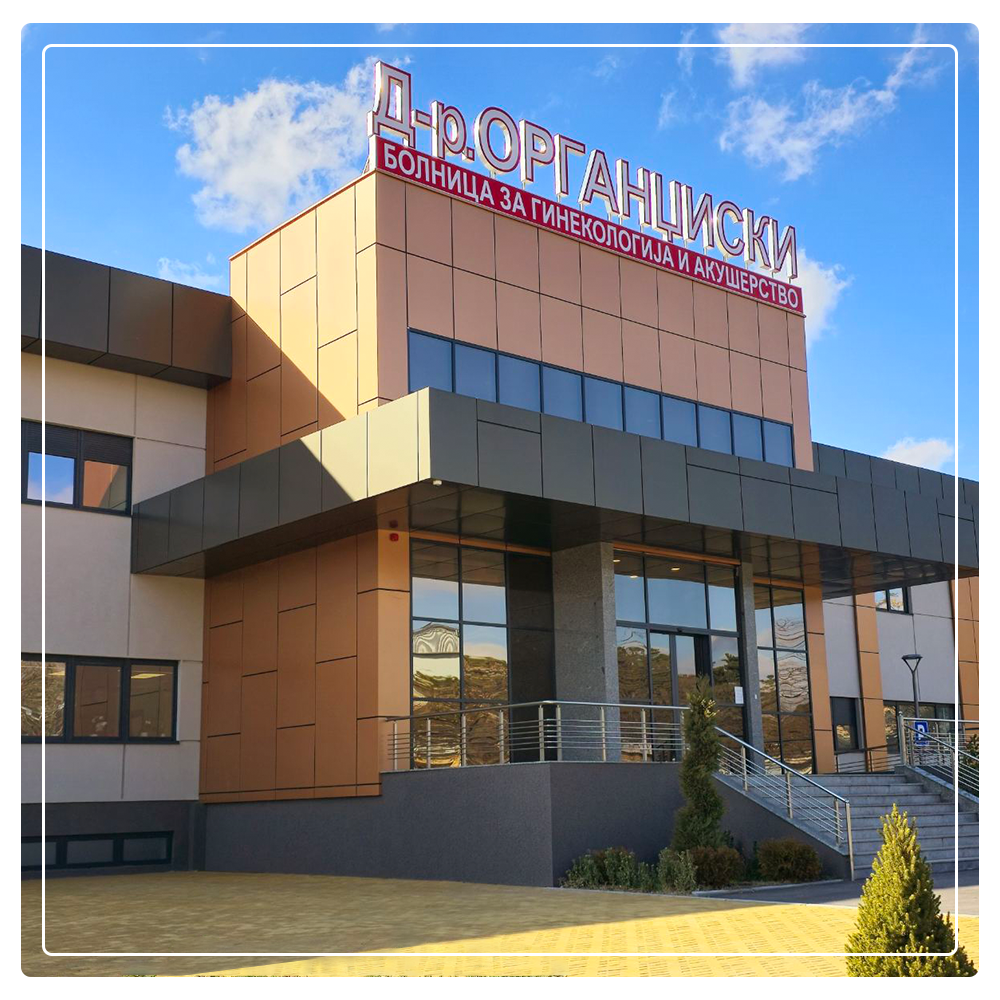Оваа веб-страница користи колачиња за да го подобри вашето корисничко искуство додека се движите низ веб-страницата. Од нив, колачињата кои се категоризирани како неопходни се зачуваат на вашиот прелистувач бидејќи се неопходни за работа на основните веб функционалности
Потребните колачиња се апсолутно неопходни за правилно функционирање на веб-страницата. Овие колачиња ги обезбедуваат основните функционалности и безбедносни карактеристики на веб-локацијата, анонимно.
The technical storage or access is necessary for the legitimate purpose of storing preferences that are not requested by the subscriber or user.
Функционалните колачиња помагаат да се извршат одредени функционалности како што се споделување на содржината на веб-локацијата на платформи за социјални медиуми, собирање повратни информации и други функции од трети страни.
The technical storage or access that is used exclusively for anonymous statistical purposes. Without a subpoena, voluntary compliance on the part of your Internet Service Provider, or additional records from a third party, information stored or retrieved for this purpose alone cannot usually be used to identify you.
Колачињата за рекламирање се користат за да им се обезбедат на посетителите релевантни реклами и маркетинг кампањи. Овие колачиња ги следат посетителите низ веб-локациите и собираат информации за да обезбедат приспособени реклами.
